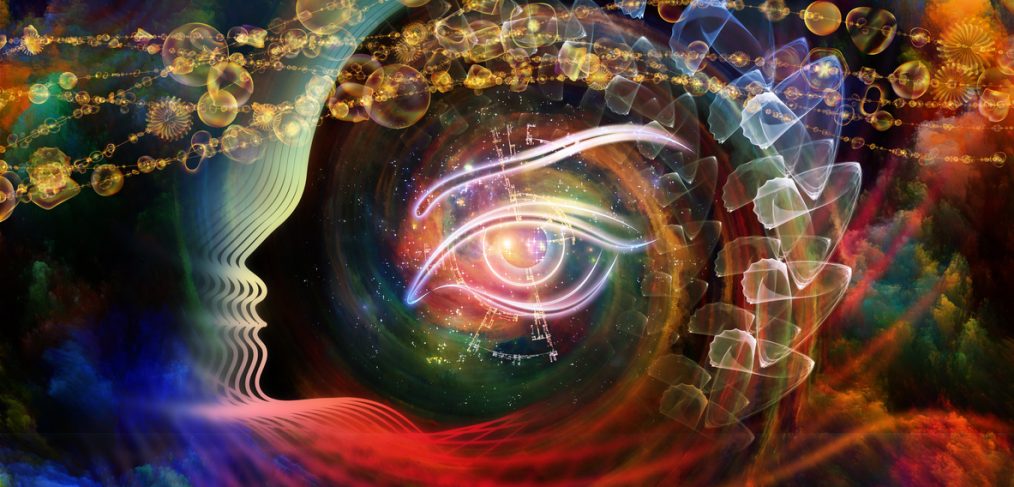It can be hard to let things run their natural course, especially when it means letting go of something very precious to you.
It is a very natural thing to move in and out of people’s lives. For workmates, teammates, or even friends, this can happen regularly, and while these transitions can be difficult, there are other circumstances that are way more intense. There are those in your life that are truly a part of you—literally and figuratively. You see a big part of them in you and you in them. You’ve given enough of yourself to them and to their growth and evolution that their lives and yours literally merge. At least for a time.





